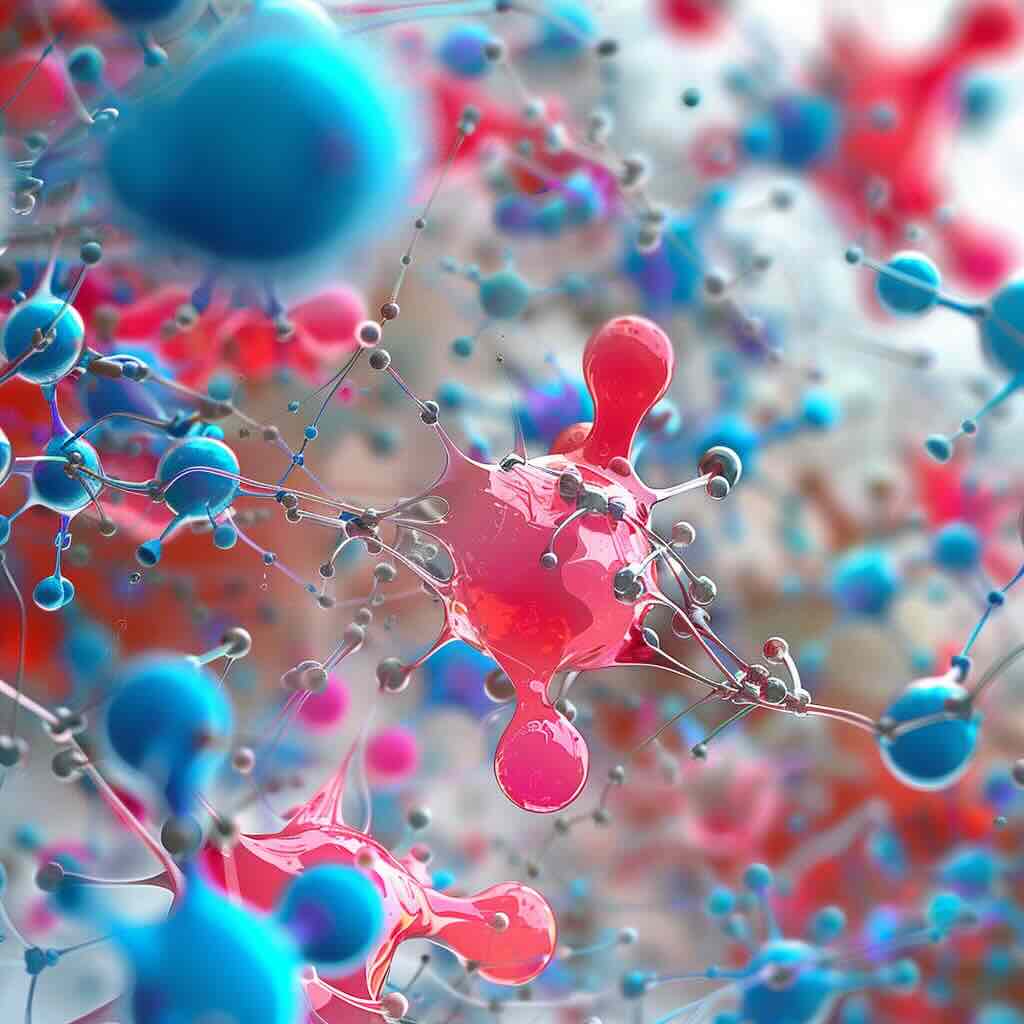The sharp rise in chronic liver disease, including NFALD (nonalcoholic fatty liver disease), live fibrosis, and cirrhosis has caused concerned for the medical industry. Hepatic inflammation causes a number of medical injuries and can lead to liver failure. The good news is recent studies have shown that peptides can help regrow liver tissue and improve liver function.
Bioactive peptides are able to affect the expressions of genes related to lipid metabolism and oxidative stress. This create the possibility that some liver diseases can even be reversed.
Let's dig deep into how you can use peptides to help improve liver function.

Nonalcoholic Fatty Liver Disease and Liver Fibrosis On The Rise
While alcoholic fatty liver disease from chronic alcohol consumption has been a problem for decades. But the rise of non alcoholic fatty liver disease has baffled some experts. Non alcoholic fatty liver disease mimics the issues of alcoholic liver disease, but excessive drinking.
The increase of of nonalcoholic fatty liver disease in western society is thought to be linked to an increase in processed foods and an increase in oxidative stress. This causes issues with liver enzymes and contributes to chronic liver disease.
Why We Need Peptides To Treat A Liver Injury
A question a lot of people ask is: Why do we need to take peptides?
The reason is as we age, our cellular metabolism slows down as does protein synthesis. The peptide deficiency creates a metabolic disturbance that leads to premature aging and opens the door to a number of liver diseases.
This is where bioactive peptides come in.
Few people know or understand that each organ has it's own unique peptide bioregulator. Everything from the liver to the pineal gland. These individualized gene switches aid in the regeneration process within the specific tissue.
So when cellular metabolism slows and peptide regulation is difficult, we see an increase in disease. With the liver the most common issues are alcoholic liver disease and nonalcoholic fatty liver disease. These conditions cause chronic inflammation of the liver and severe pathological changes. The risk factors for other disease become high as well.

The Problem With Most Amino Acid Treatments
The issues with cell regeneration and premature aging of tissue has been a known problem, treating the issue has not been easy.
This is because most amino acids are not easily absorbed in the GI tract.
This is why STEM cell treatments have become so popular for treatments. STEM cells help regrow tissue and increase protein synthesis just like peptides do.

How Peptides Work
Concentrated bioactive peptides have shown they can reduce peptide deficiency by initiating protein synthesis. When protein levels drop due to aging, there is a need for supplementation. The cell signaling technology of these peptides mimic natural peptides in the body.
This is the nudge the body needs to heal itself. With the building blocks for repair, the body is able to restore function. When function is restored, hormone levels normalize and the risk factors for disease are reduced.
Peptides To Help Improve Liver Function
Improving liver function is key to reversing liver damage and improving overall human health. The liver is responsible for removing toxins and creating digestive hormones.

The specific peptide for improving liver function is Svetinorm, which is the A-7 liver peptide. Svetinorm also does not need to be taken each day. This is one of the advantages of peptides. One course of peptides every 6 months is typically what's needed to restore function.

What Are Benefits Of Improved Liver Function?
Recent studies have shown that it's possible to reverse nonalcoholic fatty liver disease and some alcoholic fatty liver diseases, especially in early stages. Because the liver is so vital to overall health, normal liver function helps reduce the incidents of insulin resistance, diabetes mellitus, and inflammatory bowel disease.
Direct benefits of improved liver function helps reduced fat accumulation and lipid peroxidation. This also improves the overall liver index.

Conclusion
With the increase of both alcoholic fatty liver disease and nonalcoholic fatty liver disease it's important we find ways to improve liver function. Liver injury and chronic inflammation of the liver is quickly becoming a major health problem in western society. When we can't get fatty acids out of the body and we see lipid accumulation, it creates a host of other issues with the body like kidney disease. It can also lead to liver cirrhosis and liver failure.
Catching liver disease in early stages makes it much easier to treat. While an improved diet and exercise helps increase function, most dietary supplements fail to improve liver inflammation.
The good news is many liver diseases can be treated. Liver biopsies of patients treated with GLP-1 R showed statistical significance in the reductions in NASH symptoms and improved body weight control. Much of the results center around improving hepatic lipid metabolism.
Peptides help create normal protein expression in the liver and help repair normal liver function. This allows you to take positive control of your health and create statistically significant changes.
Things to avoid when you have liver injury are heavy alcohol consumption/alcohol abuse and a high fat diet. Alcohol induced oxidative stress makes it difficult to recover from liver disease.





